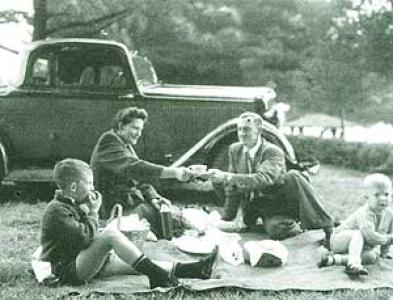Related Collections from the Archive
Introduction
Tomorrow awaits you,
long way to walk.
It’s no use talking,
to gold-propped ears
When the National Party won the 1948 election, white liberals were horrified. They saw the result as a defeat for the democratic ideals they had defended in the Second World War, less than five years earlier. The new government, they feared, would introduce an era of rampant racism, and many left South Africa for other countries. Most black South Africans had a different response. African National Congress President, Dr Xuma, spoke for many on the eve of the general election:
The Apartheid policy of the Nationalist Party is nothing new and should be nothing surprising to any honest and serious student of colour relations. It is a mere elaboration, a natural and logical growth of the [South African] Native Policy.
It mattered little to blacks, said Xuma, which white dictatorship was in power; he listed the numerous laws which openly discriminated against dispossessed, exploited and vote less black South Africans. The white liberals and Xuma were both right. The apartheid era did give rise to a more systematically oppressive regime, which drew on long-established traditions of racial oppression and exploitation.
The 1940s were a prelude to the official apartheid state the National Party set up when it came to power in 1948. But the period is worthy of study in its own right. The Second World War (1939-1945) was ever-present in the background. It was a period of rapid economic growth and major changes; yet poverty, hardship and the struggle to survive still dominated the lives of ordinary people. South Africa’s pattern of cheap black migrant labour and racial discrimination persisted, yet people were not simply passive victims in a hostile world. They fought back. They became increasingly militant. They made demands. They wanted to take their rightful place in a new society.
The experiences of ordinary working people in the 1940s, in the city and at the workplace, are the core of this book. It begins with the stories of six people who lived and worked on the Rand fifty years ago. These stories set the scene for descriptions of community and workplace struggles on the Rand in the 1940s, the rise of Afrikaner nationalism and the apartheid state. Finally we consider the significance of the 1940s, its successes and failures. We ask how this period contributed to the mass movement and the popular and political struggles against the official apartheid system that lay ahead. For if apartheid had been a long time coming, tomorrow was still a long walk away.
